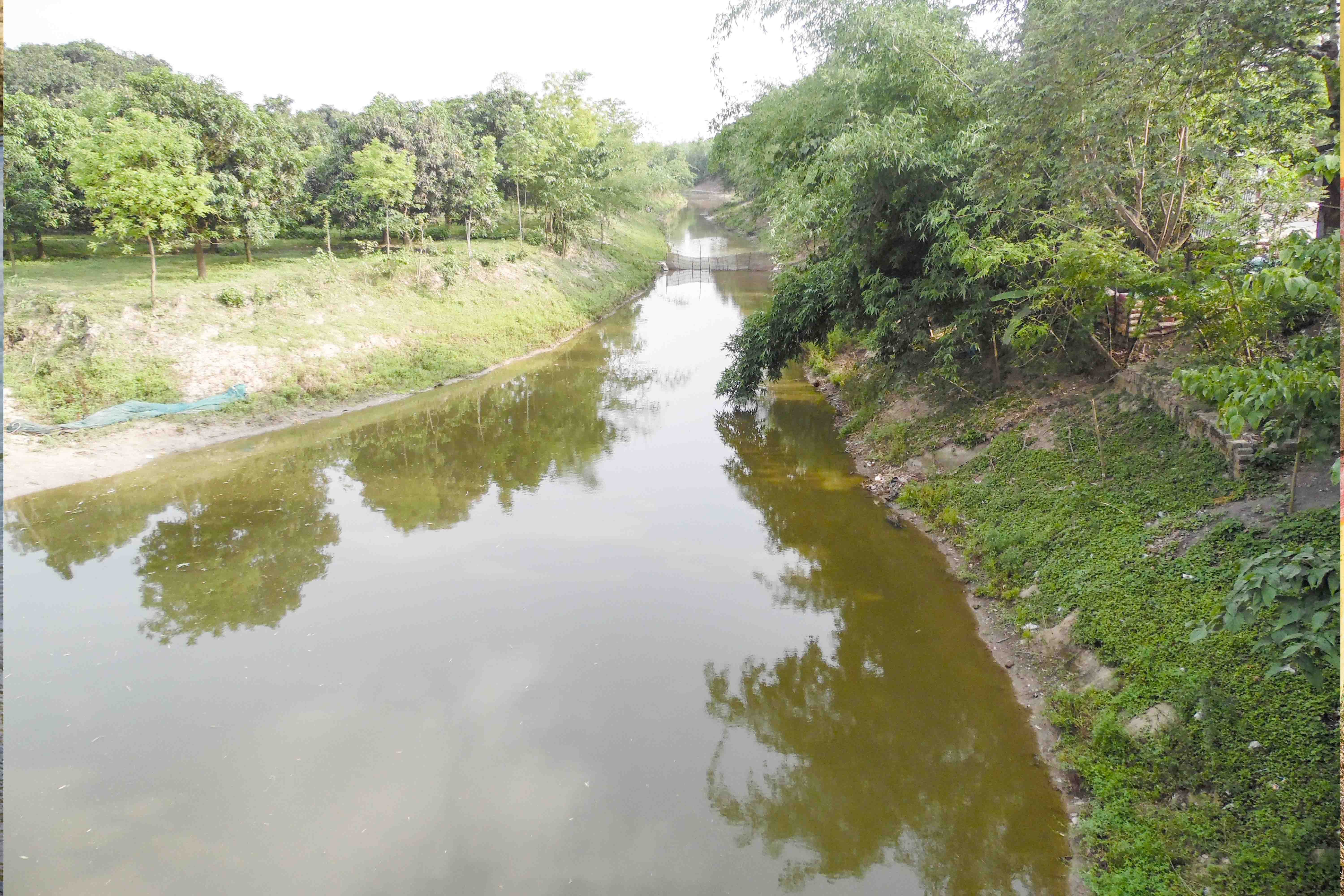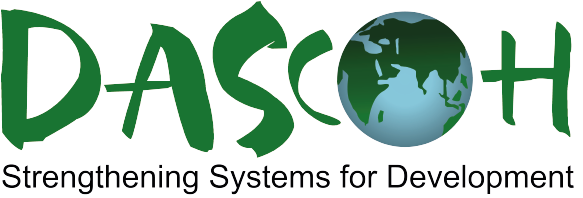
Project Name: Integrated Water Resource Management (IWRM) Project (Phase-I)
Project Implementation Period: September 2014 to June 2018
Funding Agencies: Implemented by DASCOH-SRC consortium in collaboration with ministry of water resources financed by SDC)
Project Areas: 35 Unions and 4 Pourashavas in 6 Upazila of Rajshahi and Chapai Nawabganj districts
Total Project budget: 303,104,050
Project goal/objective: Implemented by DASCOH-SRC consortium in collaboration with ministry of water resources financed by SDC Increase availability of water in Barind area through sustainable, effective, inclusive management and use of water resources
The DASCOH Foundation implemented the Integrated Water Resource Management (IWRM) Project in Bangladesh with technical support by Swiss Red Cross and funding from Swiss Development and Cooperation (SDC). The IWRM project addresses the critical need for social justice and equity in water resource development. The Bangladesh Water Act (BWA), enacted in 2013, aimed at improving water governance, but its implementation remains a challenge. Covering 35 unions and 4 pourashavas in Rajshahi and Chapai-Nawabganj Districts, the project aims to transition from a sub-sectoral to a cross-sectoral focus on integrated water resource management. The area, prone to drought due to a semi-arid climate and excessive groundwater irrigation, faces water scarcity, affecting marginalized groups like Adivasi and Dalits. The project, spanning from September 2014 to June 2018 with a budget of 303,104,050, focuses on capacity-building for local government institutions (LGIs) to ensure inclusive, transparent, and accountable water management practices. It emphasizes the participation of disadvantaged groups in decision-making processes and coordination among government bodies, NGOs, LGIs, and citizens.







